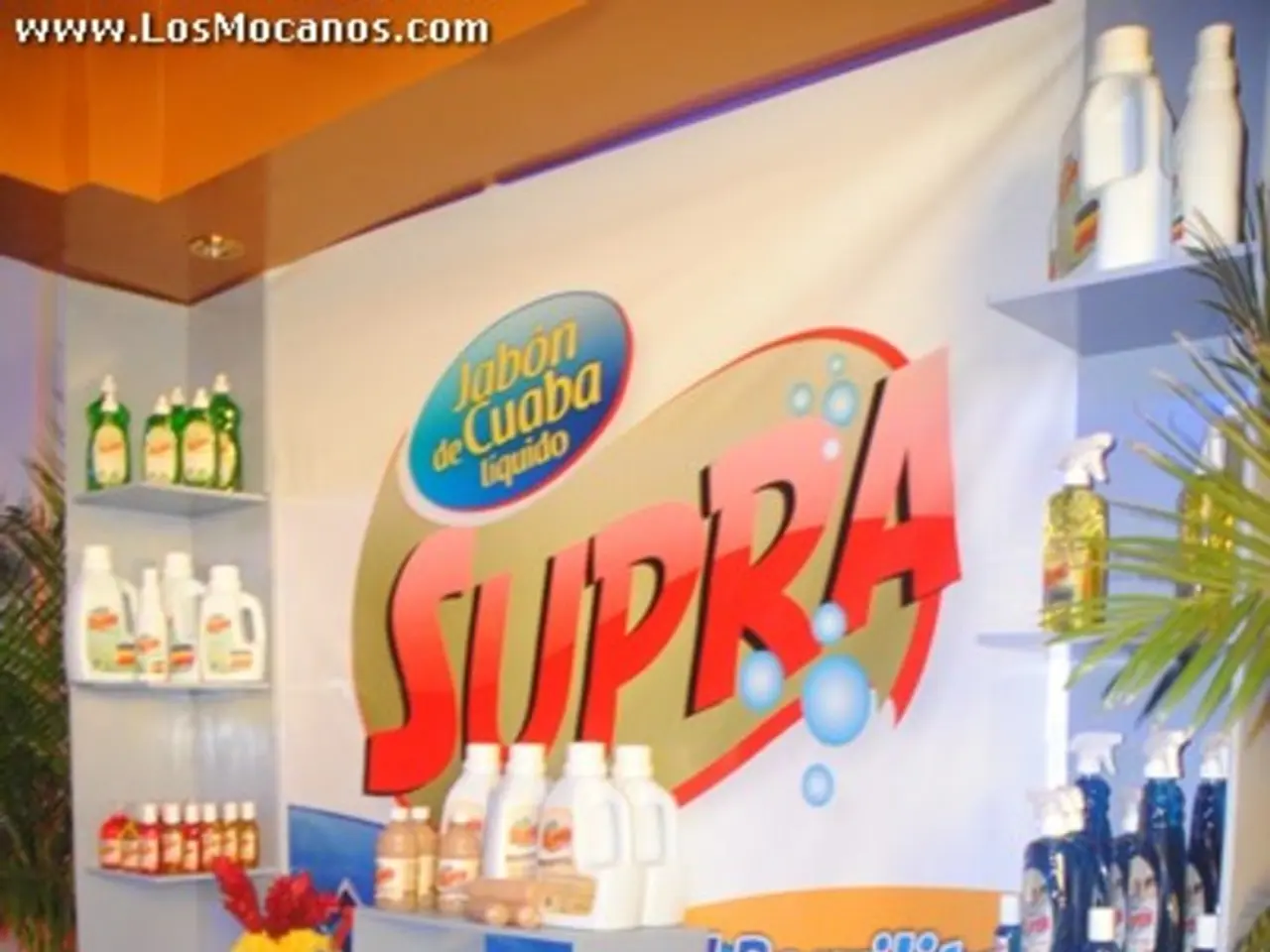In Norway, over six hundred thousand individuals rely on nasal spray medication for their daily needs.
A concerning health crisis is unfolding in Norway, with approximately 700,000 people reportedly addicted to over-the-counter (OTC) nasal sprays. The Norwegian Institute of Public Health (FHI) has identified a consistent upward trend in the sales of these products in recent years.
The addiction to these nasal sprays, often containing vasoconstrictors like oxymetazoline or methazoline, has been a known issue due to their potential to cause rebound congestion and damage nasal mucosa. This addiction can lead to dependency, with individuals experiencing symptoms such as inflammation of the nasal mucosa if the spray is used for more than 10 consecutive days.
To address this issue, solutions and alternatives are being explored, focusing on both medical treatments and safer nasal spray options. One approach is gradual discontinuation under medical supervision. Patients are advised to slowly decrease their use of the nasal spray, often under the guidance of a physician to manage rebound congestion symptoms.
Another promising solution is the use of non-addictive, drug-free nasal sprays. Newer sprays, such as LUCA V-Defense, employ proprietary lipid nanocoating technology to provide a protective barrier and antiviral effects, without ingredients causing rebound congestion or mucosal thinning. These sprays are safe for daily use, including for sensitive groups like children and pregnant women, and can serve as a safer alternative to traditional decongestant sprays.
Innovations in pharmaceutical nasal therapies are also being developed, targeting other respiratory problems without mechanical devices or traditional decongestants. For example, Mosanna Therapeutics is working on a nasal spray for obstructive sleep apnea (OSA) that restores the airway muscles' natural reflexes, representing a novel pharmaceutical approach that avoids mechanical means or typical vasoconstrictors.
Consultation with healthcare providers remains key to managing and overcoming nasal spray addiction safely. In Norway, public healthcare encourages patients to consult with general practitioners or ENT specialists for persistent nasal congestion to explore underlying causes and receive appropriate treatment, including prescription medications or nasal hygiene measures.
The addiction to nasal sprays is not limited to Norway, with doctors in the United States estimating that the number of addicted individuals approaches 10 million. The sales of these nasal sprays have increased by 36% between 2018 and 2022, with 8.8 million packs sold in 2022 alone.
The addiction to these nasal sprays has been criticised by physicians worldwide for potentially taking advantage of their addictive nature to keep business booming. However, with the growing awareness of this issue and the development of safer alternatives, there is hope for those struggling with this addiction to regain control of their health.
One such individual is Gulla, a 22-year-old who has been addicted to nasal sprays since she was 10 years old. She shared her struggles, describing a claustrophobic, suffocating feeling if she fails to use the spray consistently throughout the day and night. Withdrawal from nasal spray dependency must be done gradually, taking six to eight weeks.
Professor Steinsvaag, a senior physician, is conducting a study with 200 Norwegian patients to compare the effects of a hypertonic solution of undiluted seawater for managing withdrawal from nasal spray dependency. The objective of the study is to provide patients with a withdrawal process that is more manageable than saline sprays.
Alternative nasal sprays such as saline sprays are used to thin mucus, providing relief for those struggling with nasal congestion. These sprays, however, are not a solution for those addicted to the more potent decongestant sprays.
In the face of this growing health crisis, it is clear that a multi-faceted approach is needed to address the issue of OTC nasal spray addiction. With the development of safer alternatives, increased awareness, and accessible medical guidance, there is hope for those struggling with this addiction to regain control of their health.
- To combat the mental-health implications of nasal spray addiction, individuals like Gulla seeking help are being included in studies, such as Professor Steinsvaag's research involving 200 Norwegian patients.
- Within the realm of health-and-wellness, innovations in pharmaceutical nasal therapies are emerging, like Mosanna Therapeutics' novel nasal spray for obstructive sleep apnea, aiming to provide non-addictive solutions for respiratory problems.




